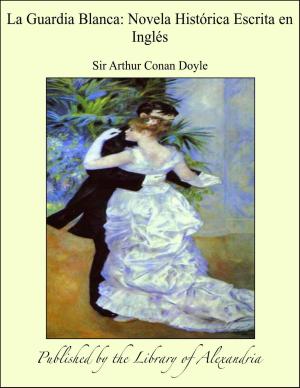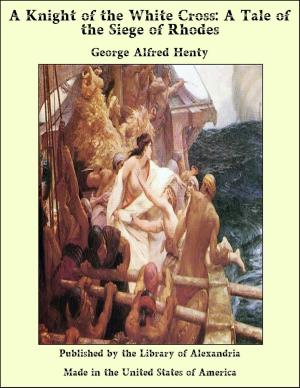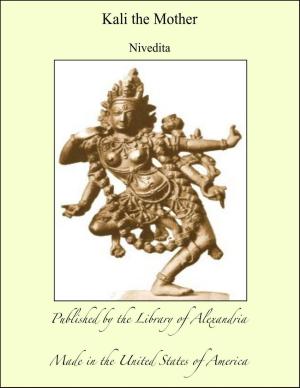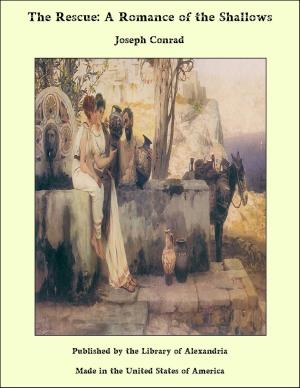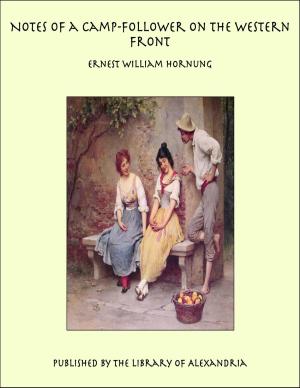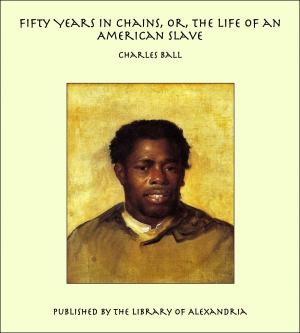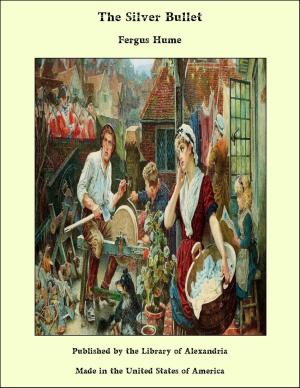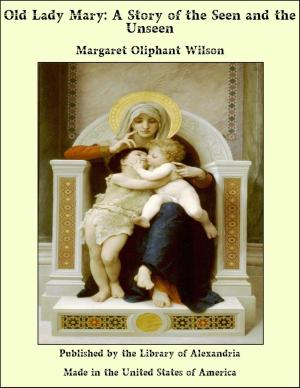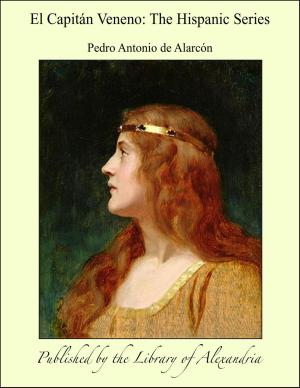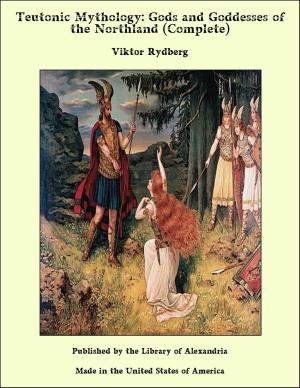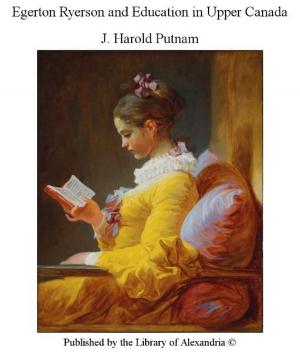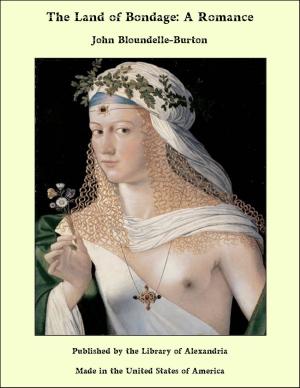Scott's Lady of the Lake
Nonfiction, Religion & Spirituality, New Age, History, Fiction & Literature| Author: | Sir Walter Scott | ISBN: | 9781465619006 |
| Publisher: | Library of Alexandria | Publication: | March 8, 2015 |
| Imprint: | Language: | English |
| Author: | Sir Walter Scott |
| ISBN: | 9781465619006 |
| Publisher: | Library of Alexandria |
| Publication: | March 8, 2015 |
| Imprint: | |
| Language: | English |
Walter Scott, the ninth of a family of twelve children, was born at Edinburgh in August, 1771. His first consciousness of existence dated from the time when he was sent, a lame, delicate child, to Sandyknowe, the residence of his paternal grandfather. Here he “was often carried out and laid down beside the old shepherd among the crags or rocks round which he fed his sheep.” If Scott’s genius was late in flowering, who can say that the budding did not begin in that early, close companionship with the Highland country which he was to reproduce so vividly in his verse and fiction? With strength increased by open-air life, although still slightly lame, we find him later a sturdy, active, not over-studious boy at school at Edinburgh and Kelso, and at fifteen beginning in his father’s office the legal studies which he continued at the university. Referring to the time after leaving the high school, when he made the acquaintance of Tasso’s “Jerusalem Delivered,” Percy’s “Reliques,” and the best works of English fiction, Scott says, “To this period I can trace distinctly the awakening of that delightful feeling for the beauties of natural objects which has never deserted me. From this time the love of natural beauty, more especially when combined with ancient ruins or remains of our fathers’ piety or splendor, became within me an insatiable passion, which, if circumstances had permitted, I would willingly have gratified by traveling half over the globe.” His gigantic memory had always appropriated most eagerly the heroic and romantic elements of verse, tale, and history, from the days when, a child, he read Pope’s translation of Homer aloud to his mother, to the time when he hunted ballads and chased traditions with the keen zest of a scholar and an antiquary. The first notable outcome of these researches was his “Minstrelsy of the Scottish Border,” published in 1802. To this collection of ancient Border ballads, which he had spent years in collecting, were added some spirited new ones which he had deftly shaped to the old models. This form of poetic expression was especially suited to the genius of Scott, and the class of subjects to which it was usually adapted had long been the object of his enthusiastic study. The amplification, then, of the ballad to the proportions of the more pretentious metrical romance came by a natural process of crystallization of the elements of a rare power, profound research, and inspiring themes. The first of the more ambitious efforts of Scott was the “Lay of the Last Minstrel,” which was published in 1805. This became immediately and generally popular, and paved the way for the favorable reception of later productions. In 1808 “Marmion,” the greatest poetical work of Scott, appeared. This was so enthusiastically received, that a certain friend urged him to be satisfied with such unexampled success, and refrain from publishing anything more, lest he impair his prestige.
Walter Scott, the ninth of a family of twelve children, was born at Edinburgh in August, 1771. His first consciousness of existence dated from the time when he was sent, a lame, delicate child, to Sandyknowe, the residence of his paternal grandfather. Here he “was often carried out and laid down beside the old shepherd among the crags or rocks round which he fed his sheep.” If Scott’s genius was late in flowering, who can say that the budding did not begin in that early, close companionship with the Highland country which he was to reproduce so vividly in his verse and fiction? With strength increased by open-air life, although still slightly lame, we find him later a sturdy, active, not over-studious boy at school at Edinburgh and Kelso, and at fifteen beginning in his father’s office the legal studies which he continued at the university. Referring to the time after leaving the high school, when he made the acquaintance of Tasso’s “Jerusalem Delivered,” Percy’s “Reliques,” and the best works of English fiction, Scott says, “To this period I can trace distinctly the awakening of that delightful feeling for the beauties of natural objects which has never deserted me. From this time the love of natural beauty, more especially when combined with ancient ruins or remains of our fathers’ piety or splendor, became within me an insatiable passion, which, if circumstances had permitted, I would willingly have gratified by traveling half over the globe.” His gigantic memory had always appropriated most eagerly the heroic and romantic elements of verse, tale, and history, from the days when, a child, he read Pope’s translation of Homer aloud to his mother, to the time when he hunted ballads and chased traditions with the keen zest of a scholar and an antiquary. The first notable outcome of these researches was his “Minstrelsy of the Scottish Border,” published in 1802. To this collection of ancient Border ballads, which he had spent years in collecting, were added some spirited new ones which he had deftly shaped to the old models. This form of poetic expression was especially suited to the genius of Scott, and the class of subjects to which it was usually adapted had long been the object of his enthusiastic study. The amplification, then, of the ballad to the proportions of the more pretentious metrical romance came by a natural process of crystallization of the elements of a rare power, profound research, and inspiring themes. The first of the more ambitious efforts of Scott was the “Lay of the Last Minstrel,” which was published in 1805. This became immediately and generally popular, and paved the way for the favorable reception of later productions. In 1808 “Marmion,” the greatest poetical work of Scott, appeared. This was so enthusiastically received, that a certain friend urged him to be satisfied with such unexampled success, and refrain from publishing anything more, lest he impair his prestige.


![Cover of the book The Downfall [La Débâcle] by Sir Walter Scott](https://www.kuoky.com/images/2015/march/300x300/9781465619082-sWaL_300x.jpg)
